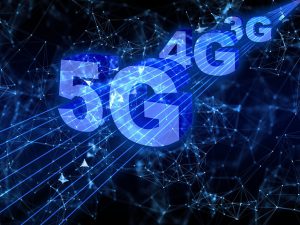Technology progresses and with it, so do we. Not all technology is welcomed by the world. Some are drawn into various theories, some of which border on extraterrestrial interference. When a technology reaches almost mythological status in the eyes of some people, then it is an even more interesting topic.
5G is such a topic, another generation of mobile networking. Given its name, we know it’s the fifth generation. But, what else is there to know about the technology? Let us look at some of the things that make 5G great.
Bigger, Faster, Stronger

5G improves upon 4G, which was released in early 2010s. 5G improves upon many things but the first one that people focus on is speed. Speed is an important factor when downloading videos and browsing the internet, both the upload and download speed. 5G has a theoretical maximum of 20 Gbps. This is very fast, much faster than 4G.
This speed up in data transfer is interesting and helpful to anybody on the go, people who want to download movies while using mobile devices, or rather, mobile networking. Speed, however, is not the main reason that 5G is interesting.
Expanding the Frequency Range
What 5G does is expand the frequency range. Using other frequency ranges, between 2.4 and 5GHz, 5G makes better use of the space that exists and is unoccupied by critical communication networks. Using different frequencies means fewer communication issues, particularly with network saturation. Everybody gets their fair share of fast internet access, no matter how many people are using it, for example, in a busy city center.
5G with high-band implementation uses a frequency range of above 24GHz, up until 47GHz, which is called the millimeter wave or mm wave frequency range.
Less Latency – Less Packet Loss

Latency and packet loss are critical issues in mobile networking, or any type of wireless communication. With an expansion of the frequency range and an increase of speed, 5G can be more effective than its predecessor.
Error rates are much lower and there is an ability to handle many more devices than 4G was able to handle. This has to do with the frequency range expansion, but also the underlying software which helps maintain stable connections.
5G Enables Remote Control
Losing all the cables and moving to a robust and remote solution is what 5G offers. From security to operating government facilities, 5G enables remote control on a much larger and more stable scale.
The only small issue with this is that all these facilities implementing remote 5G solutions will require a really robust security solution. However, mobile networks are not as safe as closed-down cable networks are, keep that in mind.
This is everything you should know about 5G, a faster mobile networking standard, the latest generation.
